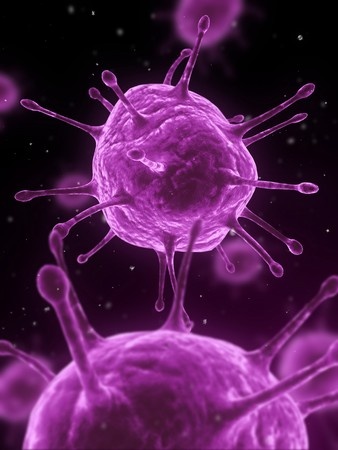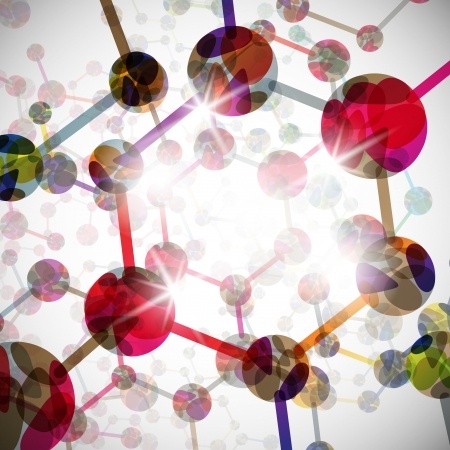Gene mutations, mile deep ocean pollution, ice cream that solidifies as it warms, and a fossil fuel free future – fascinating stuff for your students. This eclectic collection of current science news stories is brought to you by STAOBlog.
SciNews is published every Monday and Thursday. Stay tuned for more.
 Biology
Biology
Clean-up gene gone awry can cause Lou Gehrig’s disease. Science News
Mutations on a gene necessary for keeping cells clean can cause Lou Gehrig’s disease, scientists report online March 24 in Nature Neuroscience. The gene is one of many that have been connected to the condition. Read More…
A mile deep, ocean fish facing health impacts from human pollution. Science Daly
Deep-water marine fish living on the continental slopes at depths from 2,000 feet to one mile have liver pathologies, tumors and other health problems that may be linked to human-caused pollution, one of the first studies of its type has found. Fish have been found with a blend of male and female sex organs including. The findings appear to reflect general ocean conditions. Read More…
Chemistry

Make Hot Maple Syrup Ice Cream – Molecular Gastronomy. About Chemistry
Who says ice cream is a dish best served cold? Maybe you should try it hot. Here’s a molecular gastronomy project that applies science to make hot ice cream. The key ingredient is methylcellulose, a polymer that gels when it’s heated rather than chilled. Try hot maple ice cream on in an ice cream cone or perhaps top your waffles with it. Read More…
Fossil-fuel-free future plan pitched by Canadian scientists. CBC News
More than 60 Canadian scientists, from every province, have assembled a report that points to a realistic, clean, sustainable future for our country, one that won’t destroy the economy.
In the report, Acting on Climate Change: Solutions from Canadian Scholars, experts from engineering, science, economics and other social sciences propose ten actions that “could be immediately adopted to kick-start Canada’s necessary transition towards a low carbon economy and sustainable society.” Read More…
Physics
Magnets can control heat and sound: Experiment reveals new mysterious properties of sound waves. Science Daily
Researchers have discovered how to control heat with a magnetic field. The study is the first ever to demonstrate that acoustic phonons — the elemental particles that transmit both heat and sound — have magnetic properties. Read More…
Earth and Space Science
The ‘Super Superstorm’ of Global Warming. World Science Festival
Scientists warn against laying the blame for a particular storm at the feet of a warming globe, but they also explain there’s a link between a warmer climate and more extreme weather. Kevin Trenberth, a climate scientist at the National Center for Atmospheric Research, says, “All of the storms are being formed in an environment that is warmer and wetter than before.” This extra fuel can make storms bigger and more deadly. As Trenberth puts it, “We’re loading the dice in favor of extreme weather events.”What does that mean? Real Climate’s Stefan Rahmstorf unpacks the loaded dice metaphor in this well-written, succinct blog post. Still, it’s a lot to take in. Read More…
Wandering Jupiter accounts for our unusual solar system. Science Daily
Jupiter may have swept through the early solar system like a wrecking ball, destroying a first generation of inner planets before retreating into its current orbit, according to a new study. The findings help explain why our solar system is so different from the hundreds of other planetary systems that astronomers have discovered in recent years. Read More…



